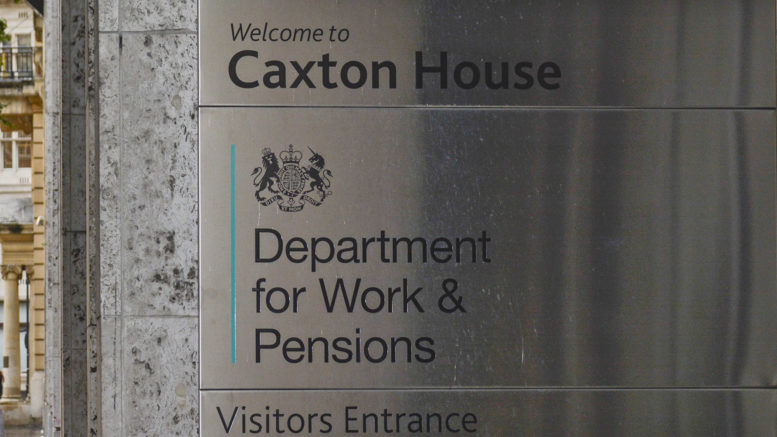The Department of Work and Pensions (DWP) was due to roll out the Universal Credit digital service nationally in 2017, but it now appears that this will be significantly delayed due to security flaws which have been discovered in the benefits programme.
The Government Communications Headquarters (GCHQ) were unable to ascertain what security measures and protection were in place for the information provided for Universal Credit claims. Unhappy with the response to their concerns from the Department of Work and Pensions, they went to the next level, the Cabinet Office, which led to the Institute of Government asking for an independent report, written by Nick Timmins.
This found that despite the cautious implementation of Universal Credit (with the intention of ensuring that when it was introduced nationally, it would work), there had been significant problems even in the small number of Job Centres where it had been introduced first; if that was the situation with careful preparation, additional training for staff and the support of the local authorities in providing additional IT facilities in various locations, to allow for on-line Universal Credit applications, could it become the national benefit system by 2017?
It seems unlikely. One in four (25%) of claimants have major issues and Citizens Advice Bureau have been unable to cope with the demand of those presenting, meaning Councils have had to employ extra staff to assist. Whilst early reports seemed to indicate that Job Centre staff were enjoying their work working with clients as mentors and giving positive and individual assistance in job searching, secret interviews with DWP staff reveal a chaotic situation and rows between Treasury, the DWP and Cabinet Minister.
The report has caused such disquiet that launching nationally in 2017 has had to be abandoned. The estimated date now for full implementation is 2022. Some may doubt that it will ever be fully operational, given that there could be a Government change in 2020.
Some of the changes Universal Credit have brought have been welcomed. The numbers in employment have risen (though as this will include those in part-time work, it may not be as impressive as it initially sounds) but the number of unemployed has also dramatically decreased; the repayment of rent arrears has been welcomed by all landlords. The private landlords who have felt that they bore the brunt of tenant’s irresponsibility when rental payments are not made; and by social landlords, dependent on their income to attract funding bids to allow for further developments. This move alone has saved many tenants in financial difficulties from eviction.
Full implementation is still some years off. There is time for change, for honing of the system. As the edges are smoothed, and it becomes a more workable proposition, will the baby be thrown out with the bath-water? If Universal Credit is to remain, it is to be hoped that the positive aspects will remain and be enhanced, if it is to be the far-reaching change to benefit provision that Ian Duncan-Smith originally envisaged.
For advice on buy to let issues – General Knowledge








Be the first to comment on "Security Risk Delays Universal Credit"